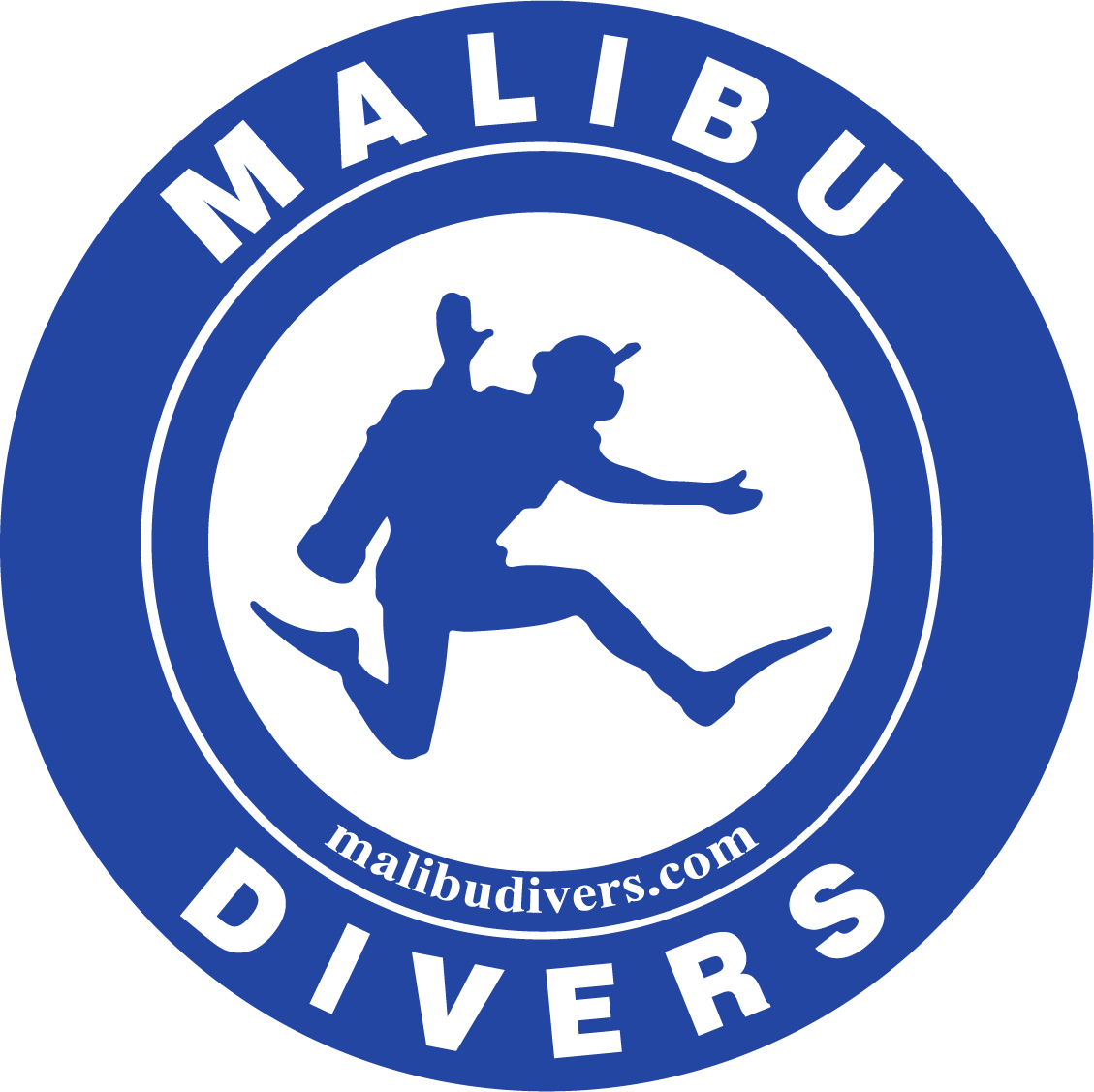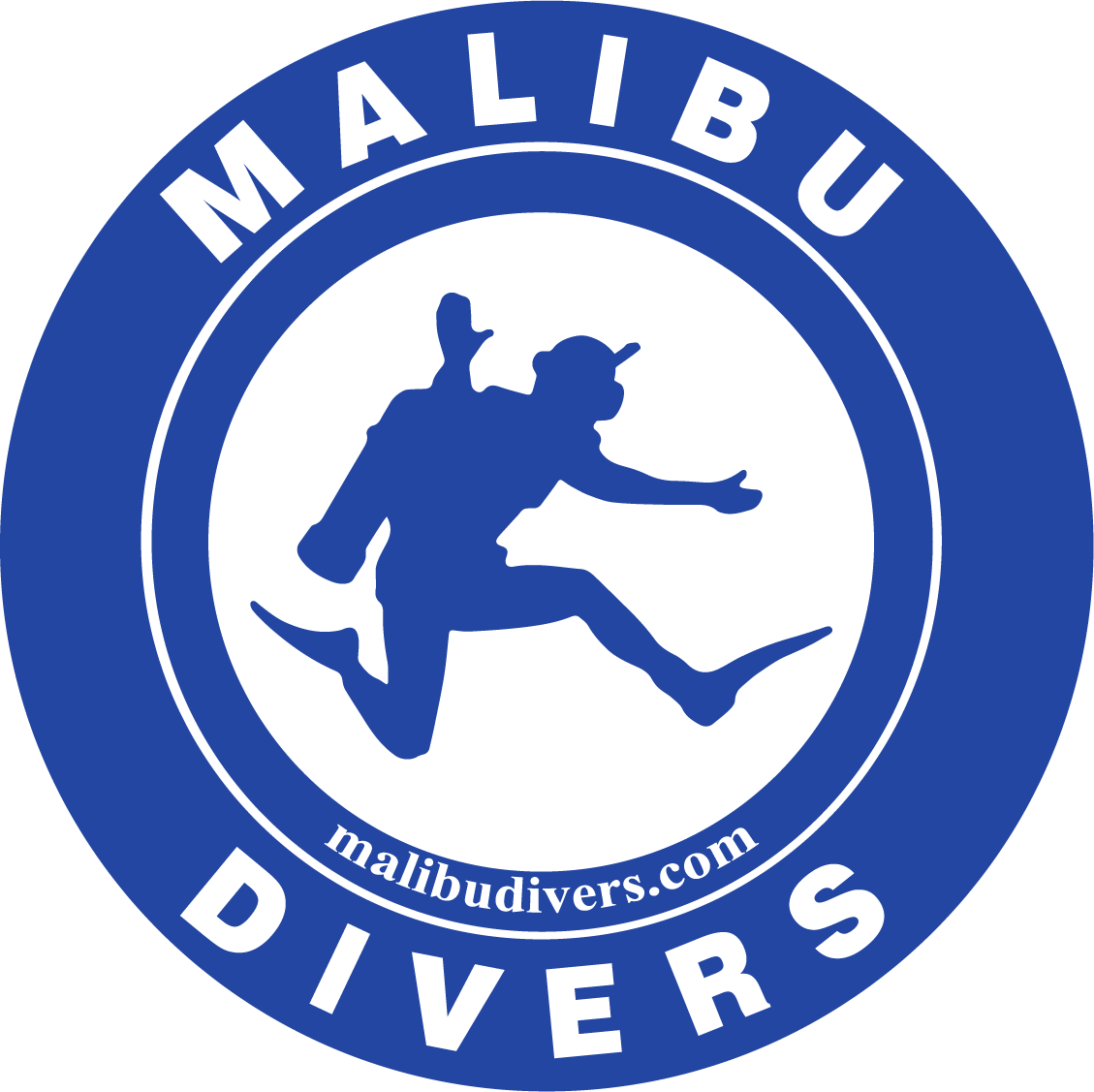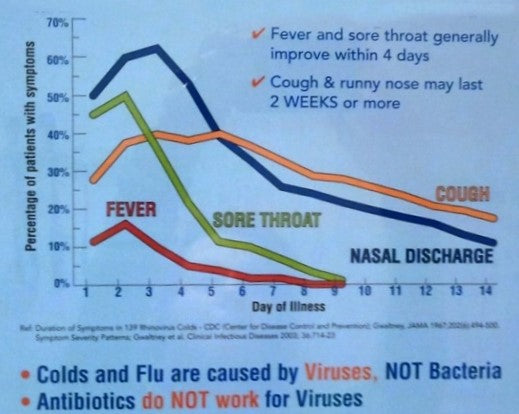
Los Angeles, CA – March 19, 2020 (updated December 29, 2013) –
A dive store, which specializes in scuba diving education and training, cares about sinus health because the health of a diver's ears and sinuses directly impacts their ability to dive. This time of year, all of us are influenced by the arrival and duration of the cold and flu season. Finding ourselves sick on occasion is inevitable.
Yet, when you are a diver, having ears and sinuses that you cannot equalize during dives due inflammation of the sinuses and ear canals (caused by the presence of a cold or flu virus in mucous linings), or a sinus infection such as sinusitis (the inflammation of the usually nasal mucous lining due to illness, allergies, or environmental irritants such as smog, chemicals, etc), more often than not, means sitting out on a class, or dive.
Having clear and healthy sinuses is vital while diving to avoid barotrauma, or damage to the eardrum and the membranes covering the transit of the inner ear. As a diver descends, the pressure increases on the body, and the delicate eardrum. Being able to equalize the pressure in the ear, and likewise the sinuses, avoids damage and keeps the diver from experiencing pain, dizziness, fluids accumulating behind the eardrum and more. When the pressure is unable to be released and equalization unable to occur due to inflamed passages, or a mucous build up due to a viral, or bacterial infection, a diver faces serious consequences ranging from tinnitus to a ruptured ear drum and hearing loss. Yet there are several ways a diver can keep their sinuses healthier and dive ready even throughout the dreaded cold and flu season!
Water is a diver's friend in more ways than one. A healthy body, and healthy sinuses are all well hydrated. To keep your sinuses working properly, draining and decongested, and to help in warding off infection, or illness, make sure to stay hydrated each day by drinking plenty of water. In addition to drinking for hydration, moisture can also be beneficial in keeping sinuses healthy, and happy via an external source--steam. Using a cool mist vaporizer while sleeping, or simply standing over a boiling pot of water and inhaling through your nose a few times a day could help keep mucous thin and moving in your sinuses, decreasing inflammation and reducing the risk of sinus infections.
They say cleanliness is next to godliness, and to a diver this pertains to the sinuses as well. Using daily saline nasal rinses, or sprays can serve the dual purpose of rinsing germs that can make you sick from your nasal passages, as well as to help keep the mucous moving and loose in the sinuses. If you have already caught a virus, correct usage of a rinse, or spray can often speed along the recovery of inflamed sinuses.
In a world where there are pharmaceuticals for everything, taking a pill for sinus health sounds easy. Yet, don't be fooled--there are some that can help with sinus health, and some that can actually make sinuses unable to function properly. Decongestants such as pseudoephedrine or phenylephrine are effective in keeping sinuses open and are often used in moderation by divers. However they can also cause an increase in heart rate and blood pressure. These medicines should be taken with care and should only be taken under the advice of a physician if you already have high blood pressure, or a heart condition. Topical nasal vasoconstrictors, like Afrin® are also often helpful when used to open nasal passages and sinuses affected with inflammation, or mucous congestion and can help keep sinuses open for dives. Many divers that have used Afrin tend to overuse it; you may experience a “rebound” or develop a dependency if you need it to continue to use it to open your sinuses. Sometimes, congestion is worse than before it was used. Any drug that is used to help with congestion should be something you have used before and know how your body reacts to it and that there are no adverse reactions to it.
Some natural remedies are available and help to avoid rebound effects.. Studies also have shown daily saline rinses with a nasal irrigation system be it a neti pot, portable bottle or home waterpik outfitted with a device may be extremely effective at reducing symptoms. A solution made of warm clean (sterile, distilled or boiled) water should be used to prevent the introduction of any impurities into your sinuses. Neil Med Sinus Rinse or Ayr Sinus Rinse Kit or simple saline rinse of a 50-50 mixture of baking soda and salt (¼ teaspoon of each to 1 cup of warm, not hot, water). Have you ever noticed that when you eat certain foods or beverages that your sinuses drain or you suddenly are stuffy? Dairy and red wines are usual culprits for congestion. Chow down on some hot sauce or wasabi and it may help provide some relief. Pay attention and there may be foods that are the “villains”, allergies or remedies to your specific situation.
Unlike decongestants, antihistamines are usually not helpful in keeping sinuses open. As most of these drugs are used for allergies, they work to thicken mucous in a body, not keep it moving. In the case of a virus, this also increases the chance of infection by trapping thick mucous in nasal passages which would otherwise be able to drain.
Of course, never getting sick would be the perfect way to not have to worry about a cold, or flu benching you for a training class, or a scheduled dive or vacation. Unfortunately, as that is not very likely, taking steps to maintain a healthy sinus regimen can certainly reduce the impact of the winter months and viruses on your sinuses, keeping you active year round.
Contact us at info@malibudivers.com or call at (310) 456-2396 today to learn more about how you can be active and diving with Malibu Divers.



Share:
Earn Valuable Non-Corny Skills By Training to Be a Rescue Divers